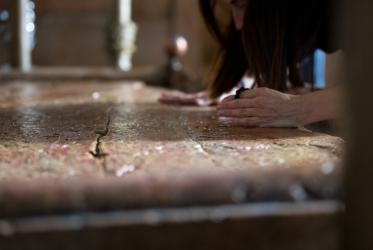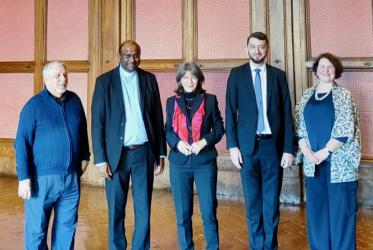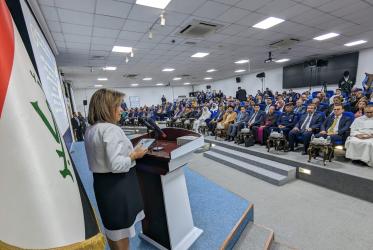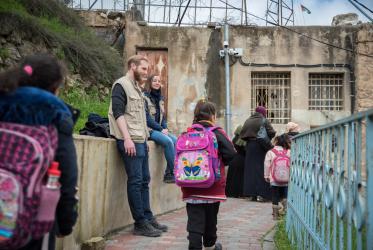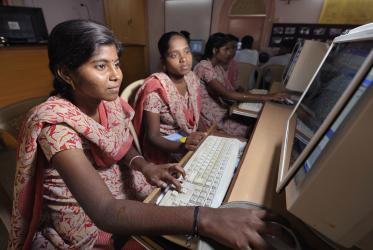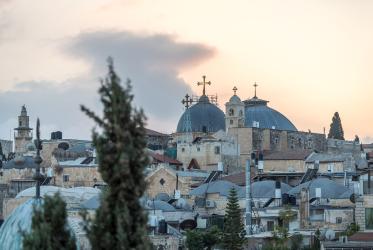Displaying 161 - 180 of 2497
12 April 2023
WCC to participate in Commission on the Status of Women
02 March 2023
Webinar: Safeguarding the Creativity, Security and Safety of our Girls in Online Spaces
16 March 2023
Hybrid- Online & in New York City
Webinar: Algorithms, the Digital Divide, and Polarization; Impact on Gender Justice
09 March 2023
Online
